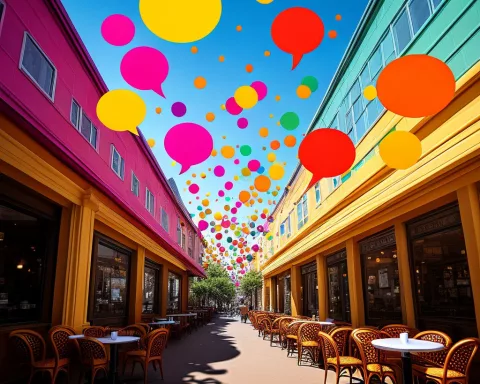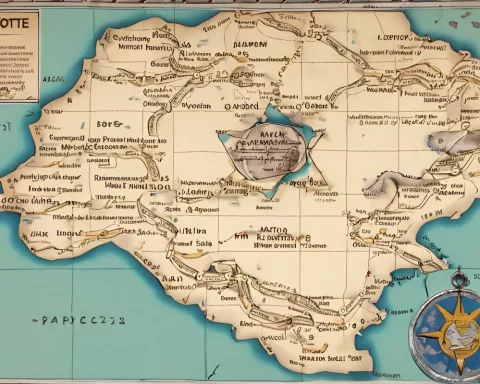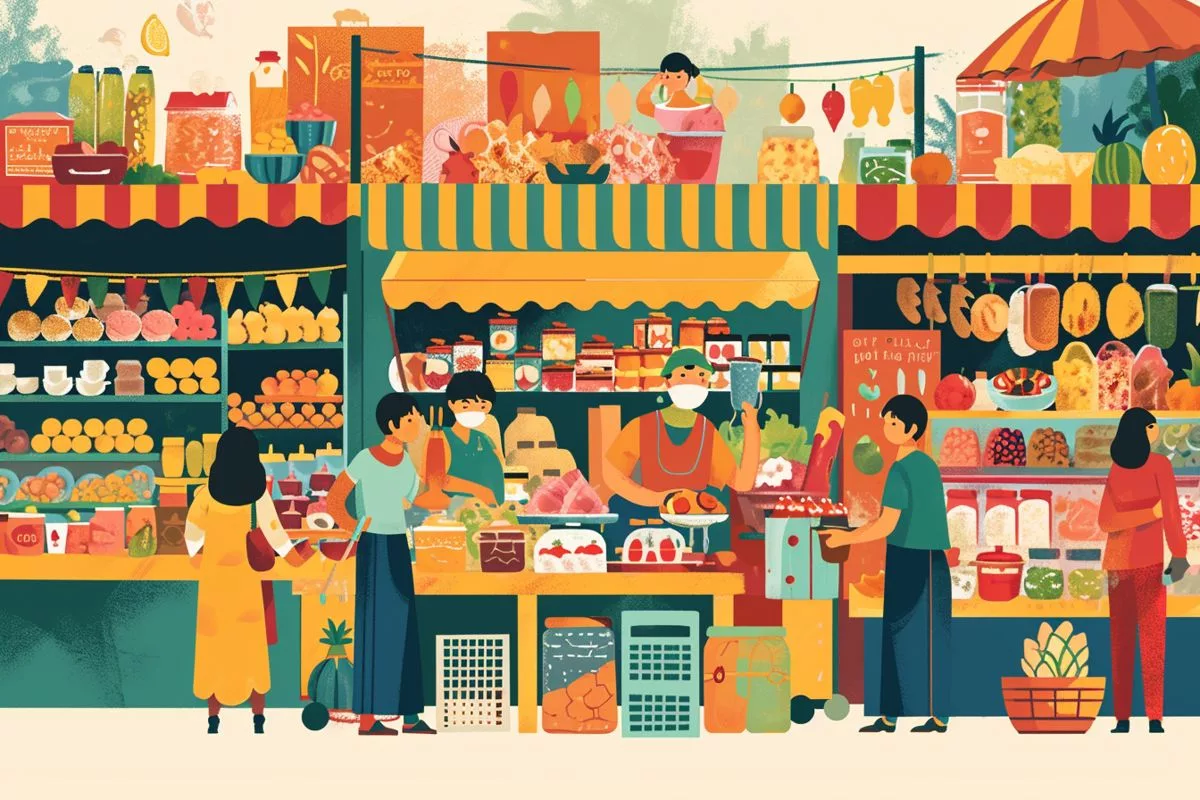Experience the excitement of global New Year traditions! Celebrations around the world range from Brazil’s beach parties to Japan’s Buddhist bells. Spain has a grape eating tradition, Greece has onion hanging for prosperity, and the Philippines collect round fruits for each month of the year. These unique customs reflect cultural beliefs, but all share the same sense of hope and renewal for the year ahead.
What are some global New Year traditions?
From Brazil’s beach celebrations to Japan’s Buddhist bells, different countries have unique ways of welcoming the new year. Spain has a grape tradition, Greece has a symbol of onion, and the Philippines have superstitious gatherings. These diverse practices reflect cultural identities and beliefs, yet they all share a common theme of hope and renewal for the upcoming year.
As our multicultural planet embarks on another journey around the sun, we welcome the year 2024, filled with the anticipation of new beginnings and renewed aspirations. With the turning of the calendar to January’s first page, our world comes alive with a variety of customs and celebrations, each reflecting its unique local culture, tradition, and beliefs. This myriad of diverse practices illustrates a beautiful picture of global solidarity, even in the midst of diversity.
Brazil’s Beach Celebrations
Renowned for its festive spirit, Brazil, the lively South American country, bids adieu to the outgoing year on its white-sand beaches – a tribute to Iemanjá, the Afro-Brazilian goddess of the ocean. Devoted followers make ritualistic tributes to the deity, usually in the form of presents that are set floating on boats. In a ritualistic dance with the ocean, they jump over seven waves, expressing gratitude for the past year’s blessings with each leap. The spectacle ends with the participants only leaving the water when their feet have dried, symbolizing the removal of any lingering ill fortune.
Spain’s Grape Tradition
Moving across the Atlantic Ocean, Spain greets the new year with a unique ceremony that beautifully merges tradition with gastronomy. Established over a century ago, this extraordinary tradition involves eating twelve grapes as the arrival of the new year is signalled by the clock. Each grape, picked late in the season, is eaten in time with the clock’s tolls, symbolizing the Spanish hopes for prosperity. This gentle welcoming of the new year stands as a tribute to the enduring Spanish spirit of joy and progress.
Japan’s Buddhist Bells
On the contrary, Japan, the peaceful island nation, marks the transition from the old to the new year with the calming sound of Buddhist temple bells. The Joya no Kane, a deeply cherished tradition, entails the ringing of bells 108 times as the outgoing year gasps its last. Each strike intends to eliminate the 108 worldly desires recognized in Buddhism, representing a spiritual purification and refreshment for the upcoming year. This tranquil ritual captures the calm and reflective Japanese ethos.
Greek Traditions of Prosperity
Located in the heart of Western civilization, Greece views the New Year as a chance to sow seeds of hope and prosperity. After the New Year’s Day church service, Greeks engage in a symbolic act of hanging an onion on their doors or within their homes. This unique tradition stands as a symbol of their ambitions for health, fertility, and longevity throughout the upcoming year.
Philippines’ Superstitious Gatherings
Moving to the lively archipelago of the Philippines, their New Year’s celebrations stand out with a unique mixture of tradition and superstition. In a captivating display of symbolism, households collect twelve round fruits, each representing a month of the forthcoming year. This round shape, associated with prosperity and abundance, is also echoed in the practice of filling pockets with coins or displaying them on tables.
A Global Celebration of Renewal
In conclusion, as the world gears up to welcome 2024, the shared feeling of anticipation and positivity transcends national borders and cultural distinctions. The varied ways in which communities welcome the new year, steeped in history and symbolism, provide an interesting view into their distinctive cultural identities. Yet, throughout this diversity, there is an overarching theme – the universal human spirit of hope and renewal.
What is the significance of Brazil’s beach celebrations?
Brazil’s beach celebrations are a tribute to Iemanjá, the Afro-Brazilian goddess of the ocean. Devoted followers make ritualistic tributes to the deity, usually in the form of presents that are set floating on boats. In a ritualistic dance with the ocean, they jump over seven waves, expressing gratitude for the past year’s blessings with each leap. The spectacle ends with the participants only leaving the water when their feet have dried, symbolizing the removal of any lingering ill fortune.
Which Spanish tradition involves eating grapes?
Established over a century ago, Spain’s grape tradition involves eating twelve grapes as the arrival of the new year is signaled by the clock. Each grape, picked late in the season, is eaten in time with the clock’s tolls, symbolizing the Spanish hopes for prosperity.
What is the Joya no Kane tradition in Japan?
The Joya no Kane is a deeply cherished tradition in Japan that entails the ringing of bells 108 times as the outgoing year gasps its last. Each strike intends to eliminate the 108 worldly desires recognized in Buddhism, representing a spiritual purification and refreshment for the upcoming year.
What is the symbolism behind Greece’s onion hanging tradition?
After the New Year’s Day church service, Greeks engage in a symbolic act of hanging an onion on their doors or within their homes. This unique tradition stands as a symbol of their ambitions for health, fertility, and longevity throughout the upcoming year.
What is the significance of the Philippines collecting round fruits?
In the Philippines, households collect twelve round fruits, each representing a month of the forthcoming year. This round shape, associated with prosperity and abundance, is also echoed in the practice of filling pockets with coins or displaying them on tables.
What is the common theme among all global New Year traditions?
The diverse New Year traditions around the world reflect cultural identities and beliefs, yet they all share a common theme of hope and renewal for the upcoming year. Each tradition signifies a fresh start, positivity, and the anticipation of new beginnings.












